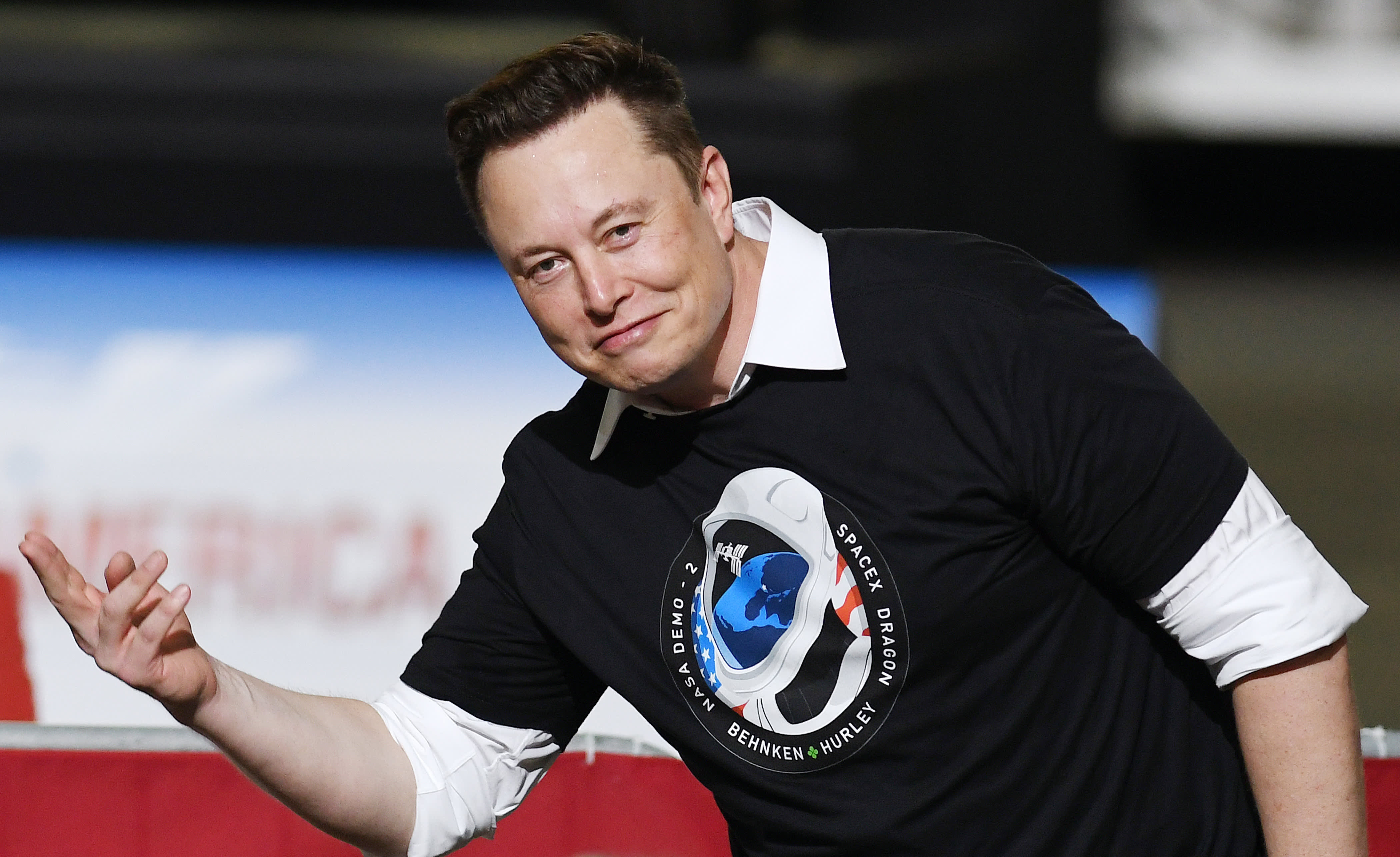The internet
Musk believed the internet, nascent in the ’90s, would “fundamentally change humanity,” he said on the podcast.
“I would not regard this as a profound insight but rather an obvious one,” Musk said.
He compared the internet to the human nervous system: “If you didn’t have a nervous system, you wouldn’t know what’s going on. Your fingers wouldn’t know what’s going on. Your toes wouldn’t know what’s going on. You’d have to do it by diffusion,” he said.
“The way information used to work was by diffusion. One human would have to call another human or write them in a letter. [That was] extremely slow diffusion. And if you wanted access to books, and you did not have a library, you don’t have it. That’s it.”
He knew the internet could change all that.
And while Musk only had minimal access to the internet at the time (only to use it for his physics studies, he said), he knew the internet would be a “fundamental and profound change.”
“Now, you have access to all books instantly, and you can be in a remote mountaintop location and have access to all of humanity’s information if you got a link to the internet,” he said on the podcast. “Now suddenly, human organisms anywhere would have access to all the information instantly.”
Multi-planetary life
Musk believed “making life multi-planetary and making consciousness multi-planetary” would change the world, he said on the podcast.
As a child, Musk was influenced by a variety of science fiction books and he believed he’d one day “[build] spaceships to extend the human species’s reach,” according to the book ”Elon Musk.” (Musk previously said that the seven-book “Foundation” science fiction series by scientist and author Isaac Asimov, for example, was “fundamental to the creation of his aerospace company, SpaceX.”)
On May 30, SpaceX successfully launched two NASA astronauts into orbit for the first time. It was a milestone for human spaceflight and got Musk one step closer to achieving his Mars ambitions.
Changing human genetics
Just as a character in the 1997 movie Gattaca undergoes genetic engineering to pursue his dream of space travel, according to Musk, when he was younger he believed being able to change human genetics could change the world.
And it’s happening today, with technology like Crispr, Musk said on the podcast.
“It will become normal, I think, to change the human genome for getting rid of diseases or propensity to various diseases,” he said. “That’s going to be like the first thing you’d want headed out. If you’ve got a situation where you’re definitely going to die of some cancer at age 55, you’d prefer to have that edited out.”
“There’s the Gattaca sort-of extreme thing where it’s not really edited out but it’s edited in for various enhancements and that kind of thing,” he said, “which probably will come too.”
“I’m not arguing for or against it,” Musk said. “I’m just saying it’s more likely to come than not down the road.”
Sustainable energy
As a teenager, Musk felt a “personal obligation” for the fate of mankind and felt inspired to create “cleaner energy technology” one day, according to the book ”Elon Musk.”
So he believed that sustainable energy would change the future.
“Sustainability, actually, was something that I thought was important before the environmental implications became as obvious as they are,” he said on the podcast. “If you mine and burn hydrocarbons [compounds that form the basis of natural gas, oil and coal], then you’re going to run out of them. It’s not like mining metals…. We will never run out of metals, but we will run out of hydrocarbons.”
He said the future may bring a carbon tax that would raise the cost of burning fossil fuels to mitigate climate change, which is a “no brainer.”
In 2004, Musk invested in and became a co-founder of electric car company Tesla. He became CEO in 2008. On Wednesday, Tesla became the world’s most valuable automaker when the electric vehicle company’s market capitalization surpassed Toyota’s for the first time.
Artificial intelligence
“AI is a really major one” too, Musk said on the podcast.
In 2019, at the World Artificial Intelligence Conference in Shanghai, Musk (who co-founded non-profit AI research lab OpenAI but later left the company’s board) said computers will “surpass us in every way,” including scary things, like job disruption from robots or even a potential AI race that leads to a third World War.
AI is “capable of vastly more than almost anyone knows and the rate of improvement is exponential,” he said he said at the 2018 South by Southwest tech conference.
Musk also founded machine intelligence venture Neuralink, because he believes humans must merge with AI to avoid becoming irrelevant.
“We do want a close coupling between collective human intelligence and digital intelligence,” he said at the SXSW conference, “and Neuralink is trying to help in that regard by trying creating a high bandwidth interface between AI and the human brain.”
Check out: The best credit cards of 2020 could earn you over $1,000 in 5 years
Don’t miss:
